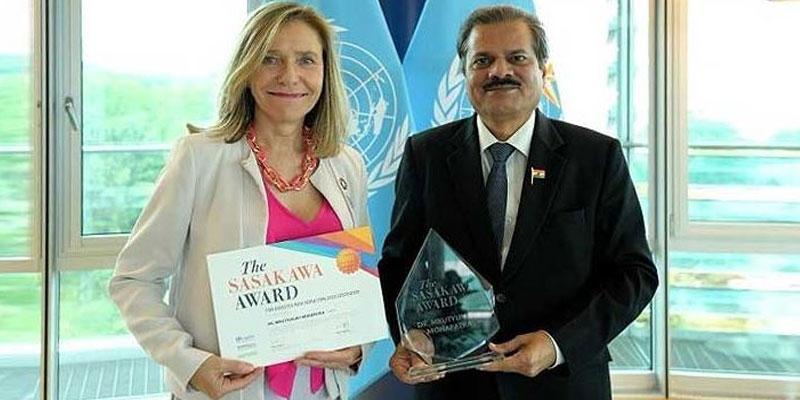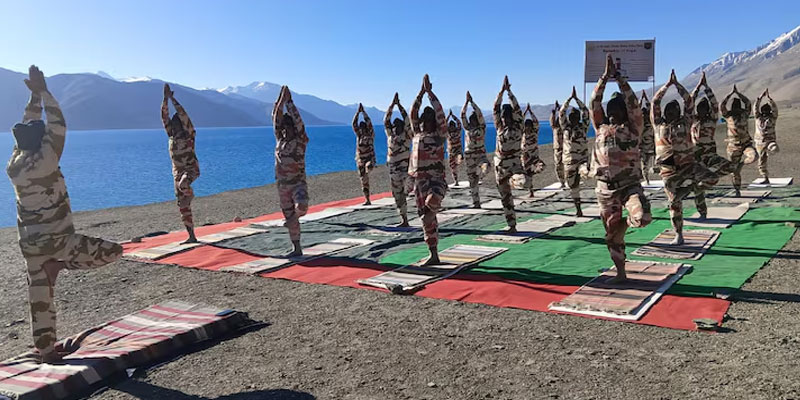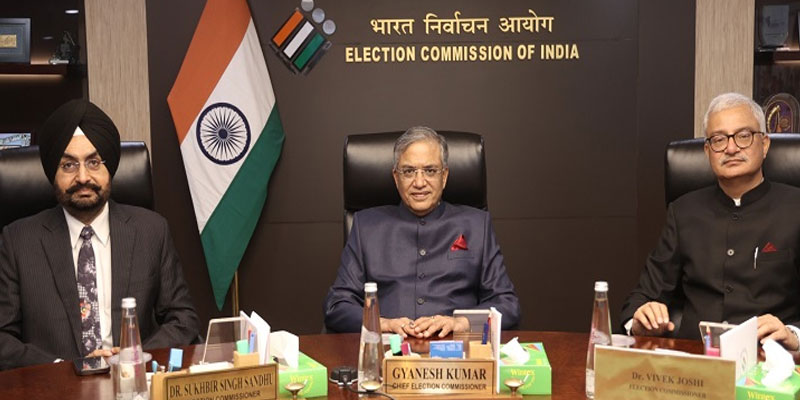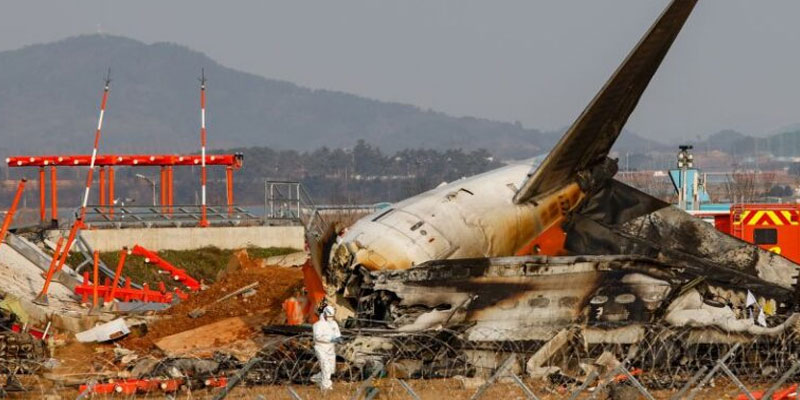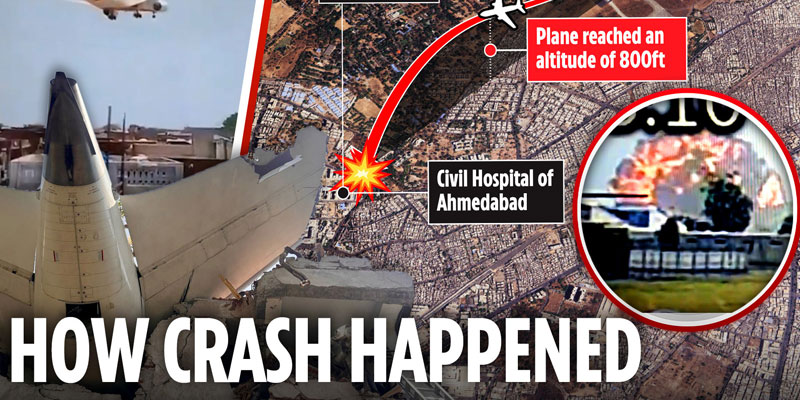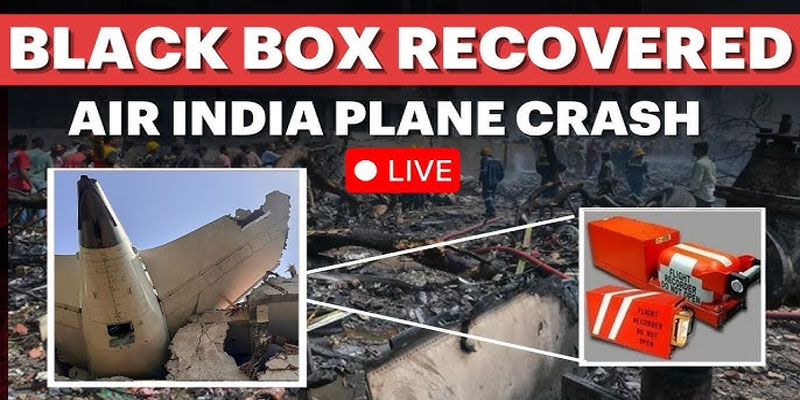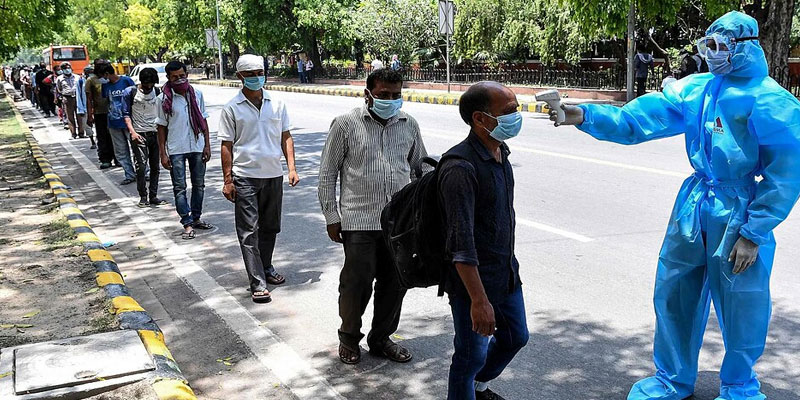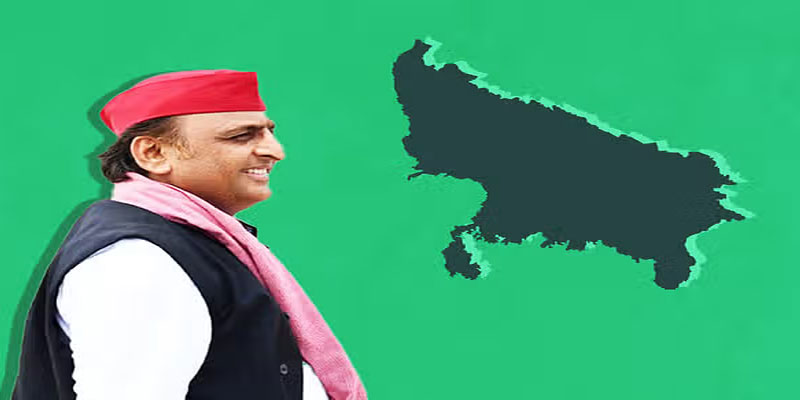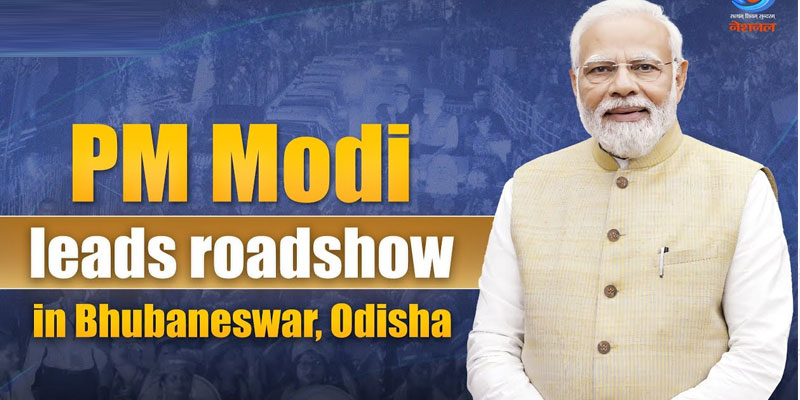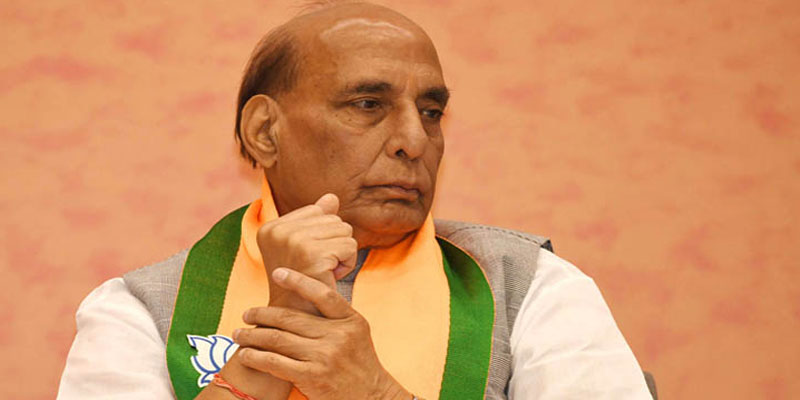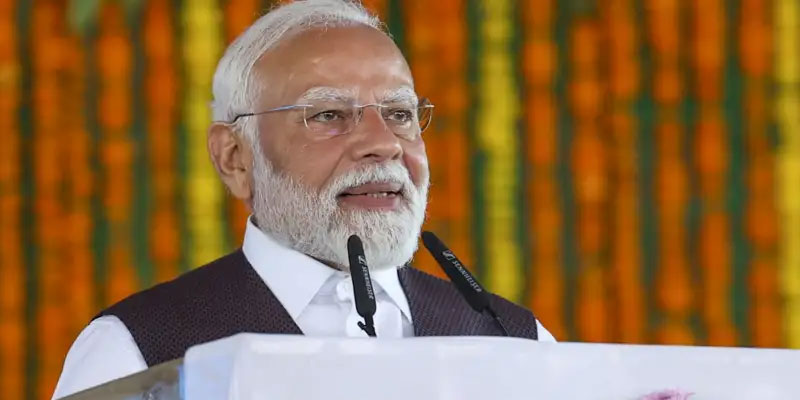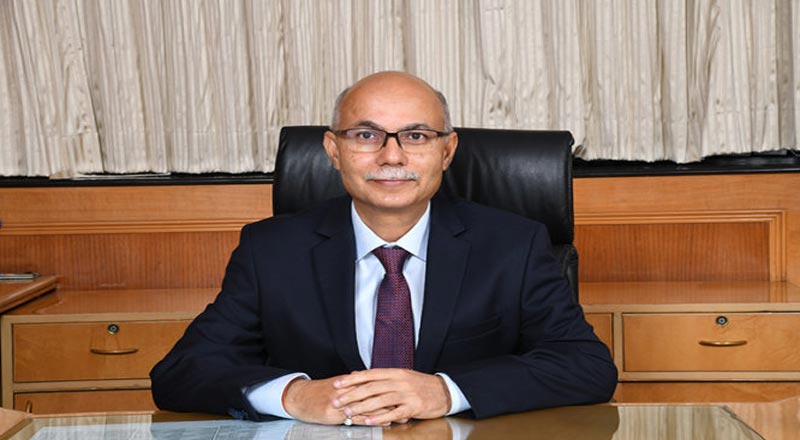Mrutyunjay Mohapatra, Director-General of the India Meteorological Department (IMD), has been honoured with the prestigious United Nations Sasakawa Award for Disaster Risk Reduction, one of the highest international accolades in the field of disaster preparedness and mitigation.
The award was presented during a vibrant ceremony at the Global Platform for Disaster Risk Reduction, in recognition of Mohapatra’s transformative contributions to tropical cyclone forecasting and early warning systems, which have helped India avert mass casualties in the face of some of the most dangerous natural disasters in recent history.
A Global Honor for India’s Foremost Weather Sentinel
The Sasakawa Award, established by the UN Office for Disaster Risk Reduction (UNDRR), celebrates individuals and institutions making significant impacts in reducing disaster risk and building resilient communities. Mohapatra joins a distinguished league of global leaders whose work has redefined disaster response mechanisms.
At the heart of this year's recognition is Mohapatra’s pioneering work in cyclone prediction and disaster risk communication, which has not only safeguarded millions of lives in India but also set global benchmarks for disaster risk reduction.
The Man Behind the Radar: Mrutyunjay Mohapatra’s Journey
Known widely across India as the “Cyclone Man”, Mrutyunjay Mohapatra’s reputation is built on the back of precision forecasting and meticulous preparedness. Over the last decade, Mohapatra has led the India Meteorological Department through a remarkable transformation—from a traditional weather body to a globally recognized, tech-forward institution committed to early warning for all.
His leadership has ensured that India’s cyclone forecasts are now among the most accurate in the world, a fact acknowledged by the World Meteorological Organization (WMO). In a congratulatory note, WMO Secretary-General Celeste Saulo praised Mohapatra’s relentless advocacy and IMD’s role as the Regional Specialized Meteorological Centre (RSMC) for tropical cyclones in the Indian Ocean, calling his contributions “life-saving” and “visionary.”
Under His Watch: IMD’s Global Recognition and Accuracy Milestones
Since Mohapatra took over as Director-General of the IMD, the department has achieved numerous national and international recognitions, marking a golden chapter in its 150-year history. Under his guidance:
· IMD’s cyclone forecasts have achieved near-zero casualty results in multiple high-intensity storms, including Cyclone Fani (2019), Amphan (2020), and Yaas (2021).
· Forecast lead times have improved significantly, offering 4–5 days of advance warning, allowing governments to mobilize emergency responses efficiently.
· IMD has played a crucial role in the WMO’s Early Warnings for All initiative, ensuring that vulnerable populations receive timely alerts.
· The department has modernized its tools, embraced AI-based modeling, and enhanced public outreach through multilingual alert systems and mobile platforms.
These accomplishments have not only saved lives but have also instilled public trust in meteorological advisories—a critical component in disaster preparedness.
Saving Lives, Setting Standards: The Legacy of Early Warnings
Mohapatra’s vision goes beyond accurate forecasting; it lies in ensuring that every citizen, especially in vulnerable coastal and rural areas, receives timely, actionable information. His approach integrates science with social outreach—coordinating with local governments, disaster response teams, and communities to implement effective evacuation and relief plans.
His efforts have transformed India’s cyclone response from reactive to proactive, enabling the government to prevent large-scale casualties even during super cyclones. His legacy is proof that science-backed governance can create a culture of resilience.
A Legacy Built on Precision, Passion, and Public Safety
Receiving the Sasakawa Award in the IMD’s 150th anniversary year and the WMO’s 75th year adds symbolic weight to Mohapatra’s recognition. It is not just a personal achievement, but a tribute to India’s scientific community, which has made critical strides in saving lives and adapting to a changing climate.
As the climate crisis deepens and extreme weather events become more frequent, leaders like Mrutyunjay Mohapatra exemplify what it takes to protect lives with precision, purpose, and compassion.
In honoring the ‘Cyclone Man’, the world honors the power of foresight and the promise of science-driven safety.
(With agency inputs)


